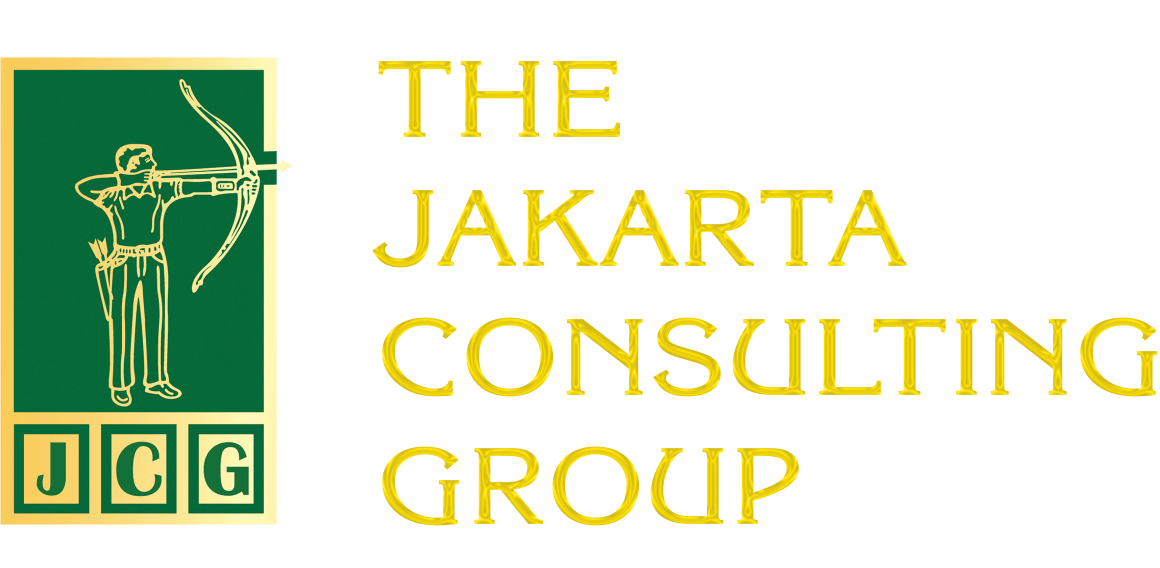The Role of Digital Badges in Enhancing Candidate Skills Credibility. In today’s digital transformation and evolving work environments, validating employee skills has become crucial. This doesn’t mean that academic degrees and certifications are no longer valuable, but they’re no longer sufficient. A degree or certificate may not fully capture the up-to-date skills an employee develops throughout their career.
What’s needed are indicators that validate achievements, skills, qualities, or interests gained from diverse learning environments. In this digital era, these indicators can now be accessed online, known as digital badges. These badges are dynamic and interactive records, packed with detailed metadata about a candidate’s or employee’s skills, learning outcomes, or accomplishments. They can be issued by a variety of organizations, including educational institutions, professional bodies, or employers. Digital badges are typically hosted on digital platforms and easily shared on platforms like LinkedIn, online resumes, or professional portfolios. They carry value because they provide verified information about who issued the badge, the criteria to earn it, the badge holder’s achievements, and its validity period. These badges are both transparent and easy to verify, which makes them highly reliable.
As the job market evolves, employees are expected to continuously upgrade their skills. However, today’s education systems struggle to keep pace with the rapid changes, particularly in areas like technology, management, and communication.
The Role of Digital Badges in Enhancing Candidate Skills Credibility
Digital Badges in HR Management
Digital badges are becoming a go-to tool for recruitment, performance evaluation, and employee development. During recruitment, companies gain more detailed insights into a candidate’s knowledge and abilities. Badges also help recruiters identify the right candidates for specific roles, especially those requiring specialized skills. With access to badge metadata, recruiters can assess whether a candidate possesses the latest competencies aligned with the company’s needs.
For employees, digital badges provide motivation to keep learning, especially for those looking to advance their careers. From a company perspective, badges offer a way to track employee progress.
Badges can even be integrated into performance management systems, helping companies monitor skill development regularly. They serve as measurable proof to support evaluations, aiding in both current performance assessments and future potential. Additionally, badges help companies identify skill gaps and tailor training programs accordingly.
Why Digital Badges Matter
Verified Credentials: Each badge comes with metadata verifying the authenticity of the credentials. This transparency builds trust among employers, clients, and external stakeholders. Unlike skills that candidates simply list on their resumes, badges are third-party validated by credible sources, ensuring employers can rely on the employee’s expertise.
Up-to-Date Competencies: Badges reflect the latest, practical skills, unlike academic degrees, which can become outdated. This is especially relevant in fast-evolving fields like technology, marketing, law, and management.
Easily Shareable: Digital badges are designed to be shared across multiple platforms, making them ideal for people working in the gig economy or pursuing non-linear career paths. A non-linear career path involves career progression that doesn’t follow a traditional, step-by-step approach within the same field or role. Unlike linear careers that progress predictably (e.g., from junior to senior roles), non-linear careers often feature shifts in industries, roles, or job types.
How to Maximize the Use of Digital Badges?
For companies to get the most out of digital badges, they need to align them with their corporate goals. For example, if a company aims to promote innovation, it should prioritize badges focused on creativity, risk-taking, and problem-solving.
Another key step is to partner with reputable badge providers, such as external platforms, industry associations, or trusted educational institutions.
Linking badges with career planning can also increase employee participation, helping them align their development with their interests and talents.
Although digital badges are becoming more popular, many people are still unaware of their benefits for career growth. To increase understanding, companies can explain how badges contribute to promotions, project opportunities, and both internal and external reputation building.
Companies can embed digital badges into their HR management systems to monitor learning progress, identify potential talent, and support performance evaluations. This integration enables a more structured way of tracking employee development and aligning it with company goals.
Category: Human Capital & Talent Management
#digital badges #credibility #skills #competency #transparency #credentials
Related Posts:
The Role of Digital Badges in Enhancing Candidate Skills Credibility
Blending Skill-Based Hiring and Microcredentials: Faster Recruitment for Better Results
Kecerdasan Kolektif demi Organisasi yang Transformatif
Memimpin Perubahan dengan Filosofi Daerah: Belajar dari Bugis-Makassar
Blind Hiring: Reducing Bias in a Recruitment Process











